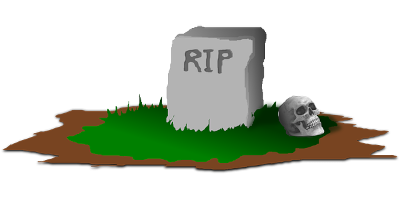
What Happens to Tax Debt Posthumously?
Amherst, NH Family Seeks Answers After Losing Their Loved One
In the event of a death with taxes owed to the IRS, the executors and administrators of the estate are responsible for this debt. In general the IRS can only claim outstanding tax debts that can be taken out of the estate. This means that the executor is not liable personally for any outstanding tax debt. This includes any past outstanding taxes, as well as past and future taxes. Future tax bills may be incurred if the estate includes investments that are earning dividends or a rental property generating income.
A family in Amherst, NH had recently lost a loved one. When culling through her finances, they discovered that there was a substantial amount of tax debt outstanding. The family was unsure of how this should be handled and sought the expertise of the team at Merrimack Tax Associates.
Tax Debt is Not Automatically Waived When a Death Occurs
A common misconception is that tax debt is automatically erased upon death. On the contrary, in most cases the outstanding tax bill must be paid out of the deceased individual’s estate. If there are no assets or not enough to cover the debt, these outstanding taxes will be prioritized before making any payments or distributions to beneficiaries. The burden of making the payment for this tax debt falls on the executor or administrator of the estate. They are responsible for paying the tax debt in a timely manner, varying from state to state, using funds from the assets of the deceased.
Taxes are considered high-priority debts, which means that these are one of the first things to be paid from the estate when someone dies. If these are not paid, the executor or administrator may be held responsible for the money.
Spouse is Responsible for Tax Debt When the Other Spouse Passes Away
If there is a surviving spouse, they will be legally responsible for the tax debt of their deceased partner if they filed a joint tax return or owe taxes on property that is jointly owned. The IRS can then go after the surviving spouse to collect the outstanding tax debt.
The family in Amherst now has a better understanding of how their loved one’s tax debt should be handled. They have already begun the process to settle the debt from the estate prior to any distributions to beneficiaries.